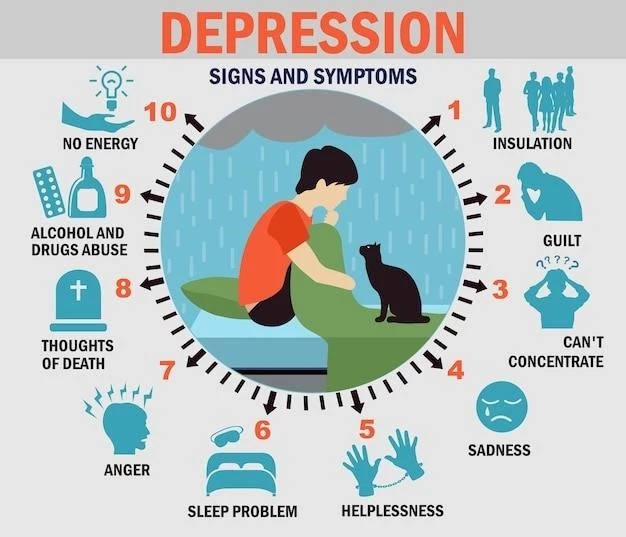Introduction
Williams syndrome, also known as Williams-Beuren syndrome, is a rare genetic condition caused by a missing segment of genetic material on chromosome 7. It is characterized by developmental delays and distinct facial features.
Overview of Williams syndrome
Williams syndrome, also known as Williams-Beuren syndrome, is a rare genetic condition caused by a deletion on chromosome 7. Individuals with Williams syndrome typically exhibit distinctive facial features٫ cardiovascular issues٫ and developmental delays. This neurodevelopmental disorder affects various parts of the body and often includes mild to moderate intellectual disability. Early diagnosis and comprehensive supportive care are crucial in helping individuals with Williams syndrome thrive and integrate fully into their families and communities.
Causes and Genetic Basis
Williams syndrome is caused by a deletion on chromosome 7٫ where a segment of genetic material is missing. This deletion typically occurs randomly and leads to the characteristic features of the syndrome.
Deletion on Chromosome 7
Williams syndrome is caused by the deletion of genetic material on chromosome 7. This missing segment leads to the various physical and developmental characteristics seen in individuals with Williams syndrome. The deletion typically occurs randomly and can result in the unique features associated with this genetic condition.

Symptoms
Individuals with Williams syndrome often display unique facial features such as a flattened nasal bridge, long ridges from nose to upper lip, and prominent lips. Additionally, heart defects are common symptoms of the condition.
Facial Features and Heart Defects
Individuals with Williams syndrome often present with unique facial features, including a flattened nasal bridge, long ridges in the skin from the nose to the upper lip, and prominent lips. Additionally, heart defects are common symptoms of Williams syndrome, requiring careful monitoring and potential interventions to manage these cardiac issues.
Diagnosis and Treatment
Diagnosing Williams syndrome involves genetic testing to identify the deletion on chromosome 7. Treatment focuses on managing symptoms such as heart defects٫ developmental delays٫ and providing supportive care to improve quality of life.
Early Detection and Supportive Care
Early detection of Williams syndrome through genetic testing is essential for timely intervention and appropriate support. Supportive care focuses on addressing developmental delays, cardiovascular issues, and providing necessary resources to enhance the quality of life for individuals affected by Williams syndrome.
Impact on Individuals and Families
Williams syndrome can have a significant impact on individuals, affecting their cognitive development and requiring ongoing support. Families may face challenges in accessing specialized care and resources to address the unique needs of individuals with Williams syndrome.
Challenges and Coping Strategies
Individuals with Williams syndrome and their families often face challenges related to developmental delays, cardiovascular issues, and accessing appropriate support services. Coping strategies may include early intervention programs, specialized education, and emotional support to navigate the unique needs associated with Williams syndrome.

Ongoing Research and Future Outlook
Research on Williams syndrome is advancing our understanding of the condition and paving the way for improved management strategies. The future outlook involves continued research to enhance early detection, personalized treatment, and support services for individuals with Williams syndrome.
Advancements in Understanding and Management
Ongoing research in Williams syndrome is leading to a better understanding of the condition, aiding in the development of more personalized management strategies. This progress offers hope for improved outcomes and quality of life for individuals affected by Williams syndrome in the future.
